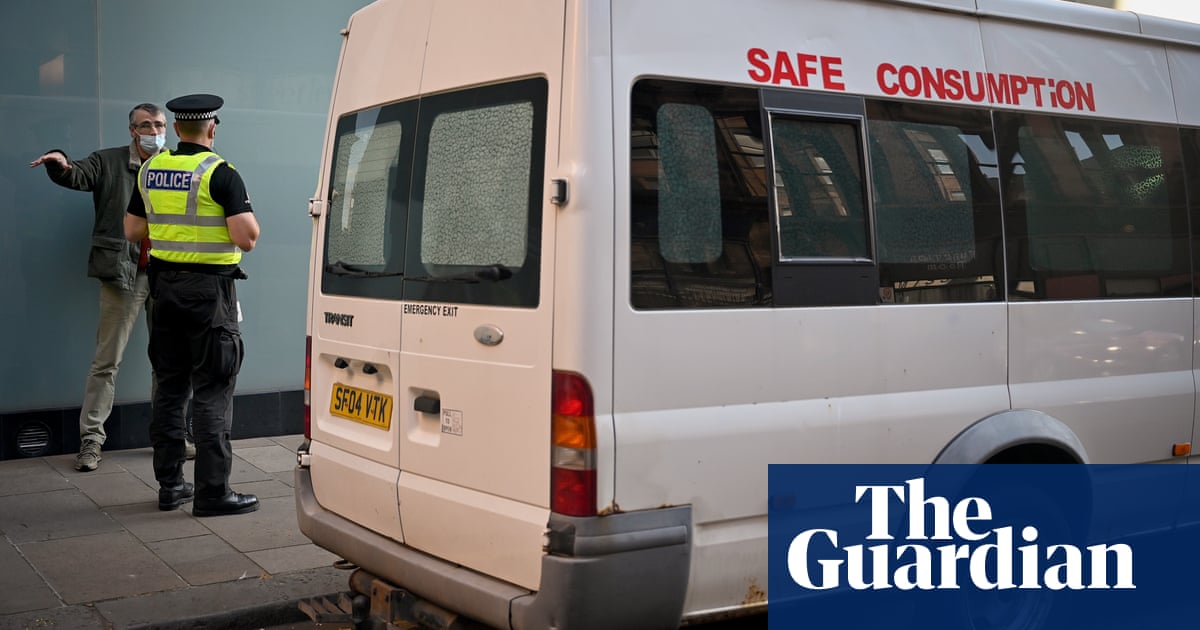
Oscar Pistorius, the South African Paralympian convicted of murder, could leave prison within weeks if a parole board decides on Friday to release him halfway through a 13-year sentence for killing his girlfriend.
The parole hearing will take place in a prison in the administrative capital of Pretoria and the decision is likely to be the final chapter in a harrowing story that attracted worldwide attention.
“The board must determine whether the purpose of imprisonment has been served,” said Singabakho Nxumalo, the spokesperson for the Department of Correctional Services.
In February 2013, the the Olympic and Paralympic sprinter killed his girlfriend, Reeva Steenkamp, a model and law graduate, when he fired four times through the bathroom door of his high-security Pretoria house.
State prosecutors accused Pistorius, 36, of deliberately killing Steenkamp in a fit of jealousy and anger. The athlete, who frequently broke down in court, denied the accusation, saying he was deeply in love with her and believed he was protecting her when he shot through the toilet door because he thought an intruder was hiding there.
The trial judge found there was no evidence Pistorius had wanted to kill Steenkamp but found him guilty of the lesser crime of culpable homicide, as he had acted “too hastily and used excessive force”.
The athlete was later convicted of murder after an appeal by prosecutors and his sentence increased to 13 years behind bars. Offenders in South Africa are automatically eligible for parole consideration after serving half of their sentence.
The initial verdict and sentence – six years in jail – prompted outrage among campaigners against domestic violence and surprise among many legal experts.
The trial judge was criticised for failing to answer the key legal question of whether any reasonable person should have foreseen that firing so many bullets through a door was likely to cause death, whoever was thought to be on the other side.
Pistorius won global fame and fortune when he reached the semi-finals of the 400m at the 2012 Olympics. A double amputee below the knee from 11 months old, Pistorius inspired millions around the world with his determination to reach the highest levels of sport. Known as the Blade Runner because of his carbon-fibre prosthetics, his success attracted lucrative endorsement contracts and sponsorship deals.
As part of his rehabilitation, Pistorius met Steenkamp’s parents, June and Barry, last year in a process authorities said aimed to ensure inmates “acknowledge the harm they have caused to their victims and the society at large”.
June will attend the hearing to “make representations to the parole board” that will include the parents’ victim impact statements, said Tania Koen, a lawyer representing the Steenkamps. Barry is unable to travel due to ill health, Koen added.
“They are going to make their submissions. And then obviously, the law will take its course,” Koen said.
The Steenkamps earlier called for their daughter’s murderer to remain in prison for the rest of his life.
The parole board, normally made up of correctional services and community members, will consider whether an inmate has been rehabilitated or still poses a danger to society, said Kelly Phelps, a law professor at the University of Cape Town.
This will take into account the seriousness of the offence as well as Pistorius’s behaviour behind bars, including whether he attended educational and life skills programmes. Release on parole usually comes with some conditions, such as monitoring from authorities and duty to report to a community correction centre.
“It’s very common to have things like alcohol restrictions, restrictions on your ability to own firearms ... and to require participation in counselling,” said Phelps.
Day parole, where the inmate returns to prison at night, and community service are also possible, said Nxumalo of the correctional services.
Parole decisions are usually known on the day of the hearing or a day later, but Nxumalo hinted that in Pistorius’s case the decision may not be taken on the same day. Legal and administrative processes surrounding the release may also take some time, experts said.
People around the world followed the trial of Pistorius in 2014. Almost every minute of more than 40 days was broadcast live and amplified by social media.
In South Africa the interest in the killing and its aftermath bordered on the obsessive. The murder was seen as holding a mirror to the country more than 20 years after the end of apartheid and the coming of democracy at a time of widespread disillusionment.












